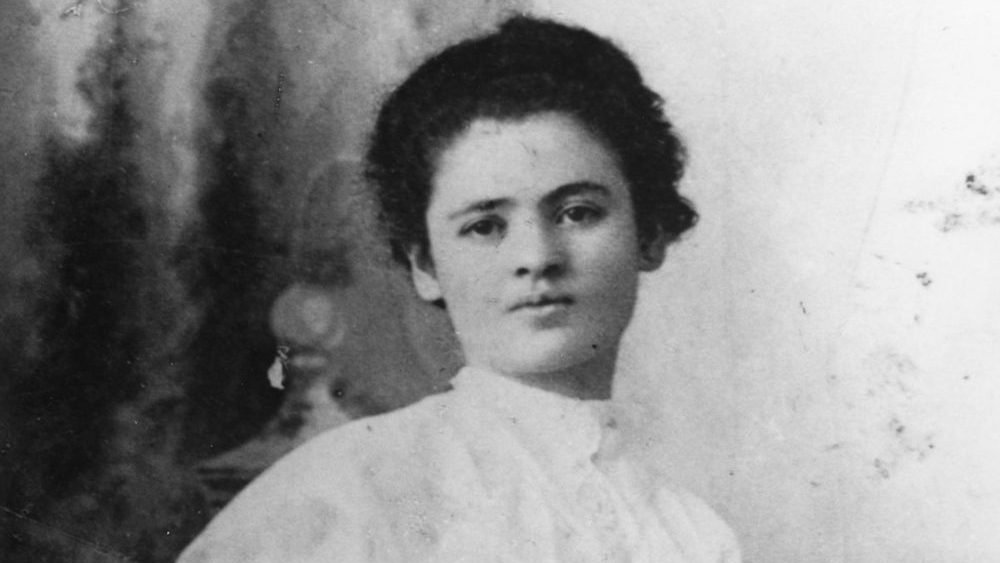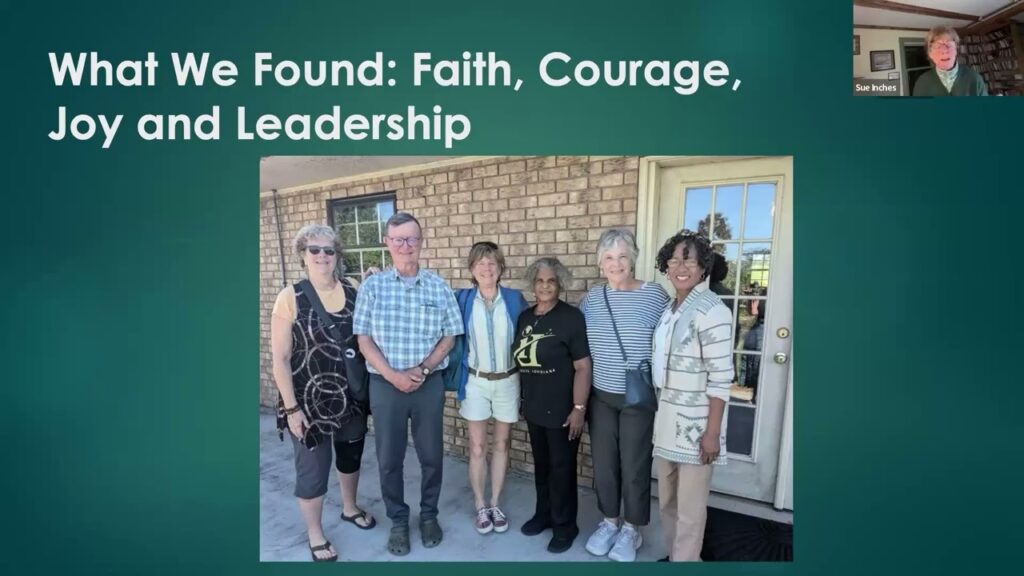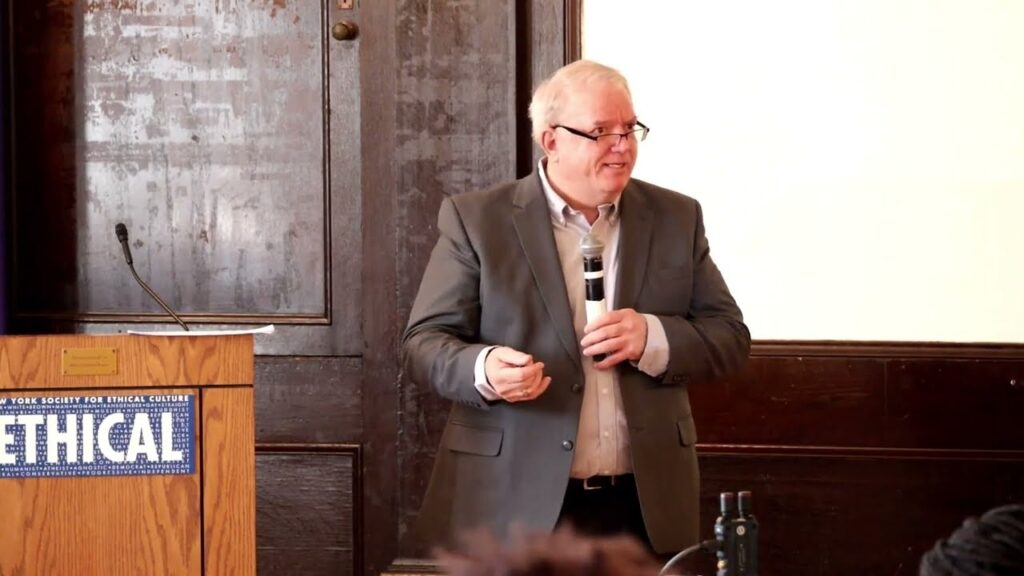
Twenty years ago this summer, I spent a week at The Mountain Retreat and Learning Center in Highlands, NC atop a peak of the Great Smoky Mountains. It was the second Summer Lay Leadership training offered by the American Ethical Union, and I had heard good reports from friends who participated in 1996. Since my family had abandoned me—son traveling in Europe before entering high school, daughter working as a camp counselor, and husband attending tax law conferences—I felt it was an opportunity to also get away from home and deepen my experience of Ethical Culture. Little did I know that by the end of the week I would seriously consider becoming an Ethical Culture Leader.
There have been times in my life, and I imagine in yours as well, when a path seems to be revealed, and a choice must be made. It can be subtle or strong. I’ve used the metaphor of the universe tossing pebbles against my window to get my attention. Sometimes it takes a boulder to come crashing through the pane. It’s easy to ignore an invitation to try something new when old routines and doubts prevail. And yet there is something exciting about change, especially when it holds a promise of transformation: becoming more fully oneself.
Lay leadership training that summer, in a setting of wide natural vistas and among people whom I came to love, awakened in me a longing to grow. It was an expansive and inclusive feeling that gained clarity of thought and intention. It remained as I discussed the future with trusted family and friends when I descended from The Mountain. Essential to my personal growth and professional development was The Humanist Institute.
For three years, I was a student in the Humanist Studies Program Class X, co-mentored by Ethical Culture Leader Jone Johnson Lewis and Dr. Harvey Sarles, professor of Cultural Studies & Comparative Literature at the University of Minnesota. Their pedagogical methodology was informed by Greek philosopher Socrates and pragmatist philosopher John Dewey. Our reading lists were long and our seminar discussions intense. Humanism came alive for me and I embraced it. Here was a philosophy—and, for me, a religion—for life.
Humanism has been defined in many ways since the first Humanist Manifesto was published in 1933, followed by Manifestoes II and III, in 1973 and 2003. Every practicing Humanist contributes to its meaning. My favorite definition is on the American Humanist Association’s website: “Humanism is a progressive lifestance that, without theism or other supernatural beliefs, affirms our ability and responsibility to lead meaningful, ethical lives capable of adding to the greater good of humanity.”
My study at The Humanist Institute was accepted as the equivalent of a Master of Divinity degree by Hebrew Union College, where I earned a Doctor of Ministry degree in pastoral care. I was also certified by the American Ethical Union as an Ethical Culture Leader. When the Humanist Institute called me back to co-mentor Class XV with Dr. Anthony Pinn, professor of religion at Rice University, I seized another opportunity to grow over the course of three years of seminars. I was also asked to serve as co-Dean with the late Carol Wintermute and later with Rev. David Breeden, Senior Minister, First Unitarian Society of Minneapolis.
At the beginning of 2018, The Humanist Institute joined with the American Humanist Association to establish the AHA Center for Education. It’s exciting to see the new opportunities this provides for all humanists. The Humanist Studies Program courses continue to run but students are no longer required to commit to three years of seminars. This provides a more flexible experience and exposure to more Humanist teachers and students. After completing the pre-requisite course, Course 101: The Humanist Lifestance, you are eligible to take any of the other courses or complete them all to become a Certified Humanist Professional.
This summer James Croft, Ethical Culture Leader at the Ethical Society of St. Louis, and I are looking forward to co-teaching the next Course 101 August 24-26 at the American Humanist Association (AHA) office in Washington, DC. Over the weekend, we will address questions of personal meaning, worth, and significance in a naturalistic way through readings, films, and personal storytelling. Anyone interested in gaining a deeper understanding of humanism and how to apply Humanist values to their daily life is welcome to attend. You have nothing to lose and everything to gain, including become more fully yourself.








